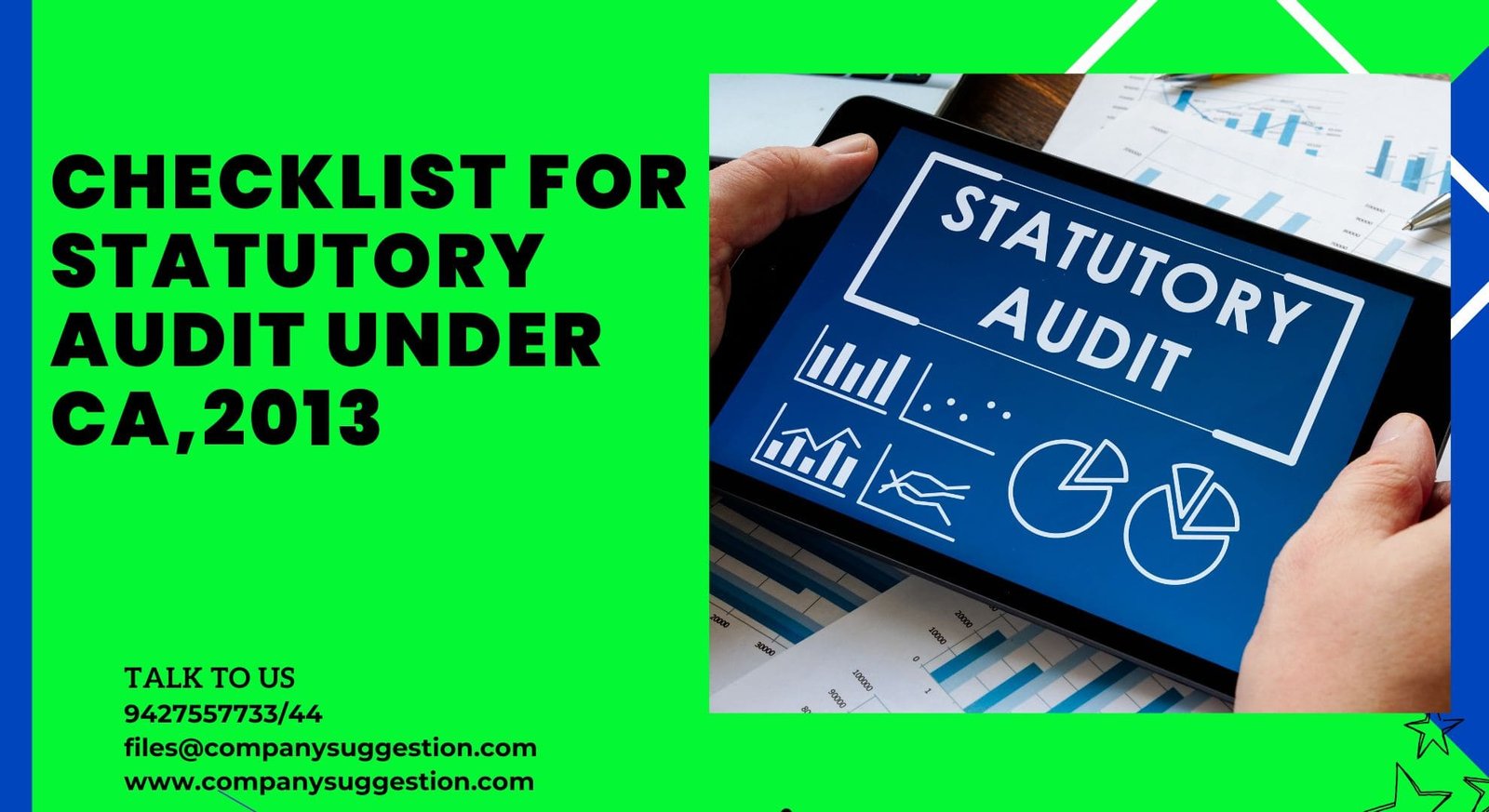Adding a Director
The addition of a director to a company is an important decision that can have significant implications for the organization. A director is a senior-level executive who plays a crucial role in shaping the strategic direction and overall management of the company. The appointment of a director typically occurs through a formal process, involving careful consideration of the individual’s qualifications, experience, and alignment with the company’s objectives.
The director brings valuable skills, knowledge, and industry insights to the table, contributing to the company’s success and sustainability.
The specific responsibilities of a director can vary depending on the company’s size, structure, and industry.
Types of Director in Company
In a company, there can be different types of directors, each with distinct roles, responsibilities, and qualifications. Here are some common types of directors you may come across:
- Executive Director: An executive director is typically an employee of the company who holds a senior management position. They are actively involved in the day-to-day operations and decision-making of the company.
- Non-Executive Director: A non-executive director (NED) is an independent director who is not involved in the daily management of the company. NEDs bring external expertise and experience to the board and provide an objective perspective. NEDs may have specialized knowledge or skills that are valuable to the company’s industry or sector.
- Independent Director: An independent director is a non-executive director who meets specific independence criteria established by corporate governance regulations or guidelines. Independent directors are impartial and free from any conflicts of interest that could compromise their judgment. They provide unbiased advice, oversight, and accountability, acting in the best interests of the company and its shareholders.
- Managing Director/CEO: In some cases, the managing director or CEO may also serve as a director on the company’s board. They hold the highest executive authority and are responsible for leading the company, setting its strategic direction, and managing its overall operations. The managing director/CEO is often accountable to the board of directors.
- Nominee Director: A nominee director is appointed by a specific shareholder or stakeholder group to represent their interests on the board. They act as a liaison between the appointing party and the company, ensuring that the appointing party’s views are considered in board decisions. Nominee directors may have specific voting or decision-making obligations as defined by the appointing party.
- Shadow Director: A shadow director is an individual who exerts significant influence or control over the company’s board or directors, even if they are not formally appointed as a director. Shadow directors have similar legal responsibilities and liabilities as appointed directors.
Minimum number of director required based on the type of the company:
The minimum number of directors required for a company depends on the type of company and the jurisdiction in which it is registered. Here are some common minimum director requirements based on different types of companies:
- Private Limited Company (Ltd): In many jurisdictions, a private limited company is required to have a minimum of one director. This means that a single individual can form and operate a private limited company as the sole director. However, it’s worth noting that some jurisdictions may require at least two directors for private limited companies.
- Public Limited Company (PLC): Public limited companies typically have more stringent requirements compared to private limited companies. Many jurisdictions require a minimum of two or more directors for a public limited company. This is to ensure greater oversight, accountability, and representation of shareholders’ interests.
- One Person Company (OPC): In some jurisdictions, a one person company is a special type of company designed for single individuals to operate a limited liability entity. As the name suggests, an OPC can have a single director. However, it’s important to check the specific regulations in the jurisdiction where the OPC is registered, as the requirements may vary.
- Nonprofit Organizations: Nonprofit organizations, such as charitable or community-based entities, are also subject to specific regulations regarding the minimum number of directors. The requirements can vary depending on the jurisdiction, but it is common for nonprofit organizations to have a minimum of three or more directors to ensure adequate governance and oversight.
Process of adding a director:
According to the Companies Act, 2013 in India, the process of adding a director to a company involves several steps and compliances. Here are a some outlines of the process:
- Eligibility: Ensure that the proposed director meets all the eligibility criteria as per the Companies Act, 2013. Some of the key requirements include being at least 18 years old, not disqualified under any law, and having a Director Identification Number (DIN).
- Obtain Director Identification Number (DIN): If the proposed director does not have a DIN, they need to apply for it online through the Ministry of Corporate Affairs (MCA) portal (www.mca.gov.in). The application can be made by filling Form DIR-3 and submitting the necessary documents like identity proof and address proof.
- Obtain Digital Signature Certificate (DSC): The proposed director must obtain a Digital Signature Certificate, as it is required for filing forms with the Registrar of Companies (ROC). Person can obtain DSC from certified agencies.
- Conduct Board Meeting: Call for a board meeting to discuss and approve the appointment of the director. Issue a notice of the meeting to all directors at least 7 days prior to the meeting, along with an agenda and relevant documents.
- Obtain Consent and Disclosure: The proposed director needs to provide a written consent to act as a director, which should be obtained before the appointment. They must also disclose their directorship in other companies and their interests in other entities, if any.
- File Appointment Forms: Within 30 days of the appointment, file the necessary forms with the ROC. The forms required to be filed include:
- Forms required to file: This form is filed for the appointment of directors and contains details such as DIN, name, address, consent of the director and declaration by the director.
- Pay Filing Fees: Pay the prescribed filing fees for the forms filed with the ROC. The fee of adding a director depends on the authorized share capital of the company.
- Issue Appointment Letter: After completing the formalities, issue an appointment letter to the newly appointed director, mentioning the terms and conditions of their appointment.
- Update Other Authorities: Inform other relevant authorities about the appointment of the director, such as banks, tax authorities, and other regulatory bodies, as applicable.
Forms required to file:
- Form DIR-3: Form DIR-3 form is used for applying for Director Identification Number (DIN) and for giving consent to act as a director. The proposed director needs to fill this form and submit it along with the necessary documents, such as identity proof and address proof.
- Form DIR-12: This form is filed with the ROC for the appointment of directors. It contains details such as the DIN, name, address, and consent of the director being appointed. This form needs to be filed by the company within 30 days of the appointment.
- Form DIR-2: This form is a declaration by the director stating that he/she is not disqualified from being appointed as a director. The proposed director needs to provide this declaration along with their consent to act as a director.
- Form MGT-14: Form MGT-14 is used for filing the resolution passed by the board of directors or shareholders of the company with the Registrar of Companies (ROC).













